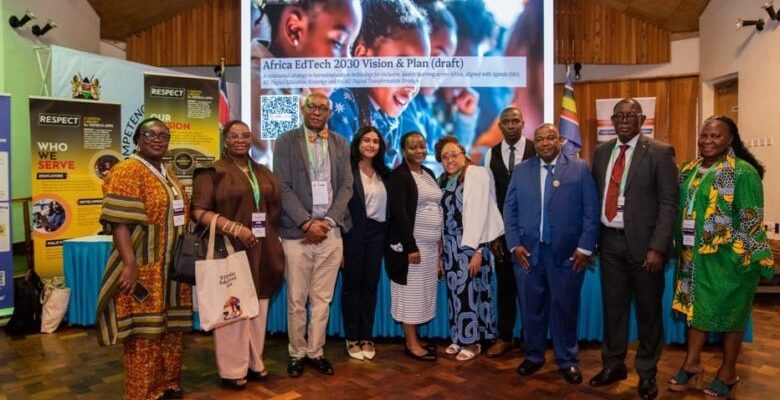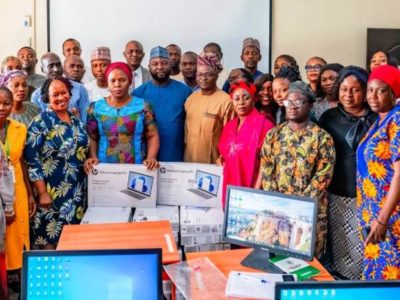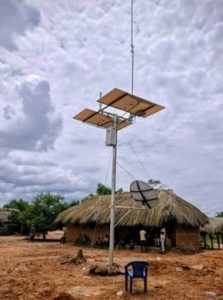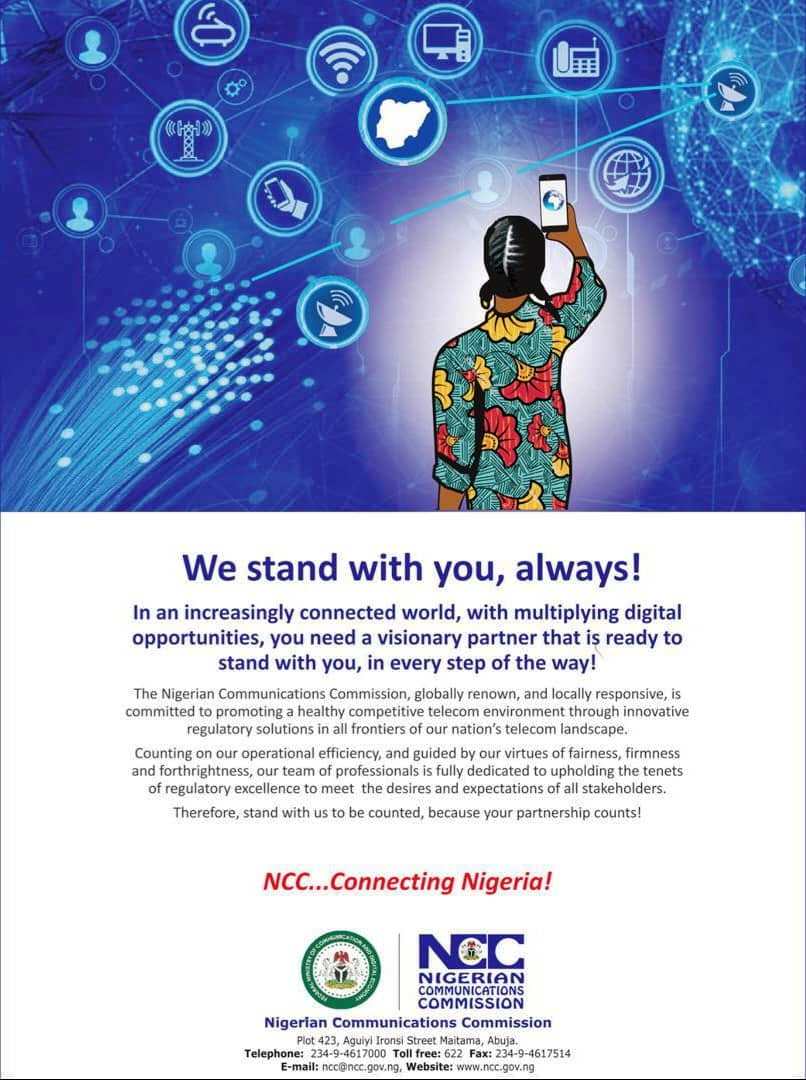The African Union Development Agency-NEPAD (AUDA-NEPAD) has launched the draft African EdTech 2030: Vision, Plan and Policy Framework—a bold initiative designed to reshape education systems across Africa using digital technologies. The draft framework was unveiled at the STEMtastic Adventures! Africa symposium and is now open for consultation and stakeholder engagement.
RELATED: EdVentures expands edtech innovation and youth employment in Egypt with new scale-ups
This pan-African framework aligns with major continental blueprints, including Agenda 2063, STISA-2034, CESA 2026-2035, and the AU Digital Transformation Strategy, aiming to catalyze inclusive, resilient, and innovation-driven education systems across Africa.
“The draft vision aims to accelerate transformation in African education by leveraging local innovation in EdTech,” said Dr. Barbara Glover, Program Officer, AUDA-NEPAD.
Africa’s Leapfrogging Moment in Digital Education
The policy framework emphasizes Africa’s unique opportunity to leapfrog outdated educational models. Just as mobile money thrived on the continent due to limited banking infrastructure, mobile-first, offline-capable education technologies can reach underserved learners without relying on traditional schooling systems.
With smartphone ownership among teachers exceeding 90% in South Africa and averaging 30–65% in Ghana, Nigeria, and Kenya, the continent already has the foundational infrastructure to scale mobile-driven learning solutions.
Vision for Inclusive Digital Learning by 2030
At the heart of the African EdTech 2030 framework lies a bold vision:
“Every African learner—regardless of gender, location, disability or background—will have access to affordable, high-quality, localized digital learning resources through reliable devices within an inclusive, innovative ecosystem.”
This means a student in rural Tanzania could learn chemistry in Kiswahili offline, while a teacher in Kenya uses Nigeria-developed courseware—securely and seamlessly integrated across national systems.
Strategic Priorities of the African EdTech 2030 Vision & Plan
The framework focuses on six strategic pillars:
- Access & Infrastructure: Scale affordable digital access using low-cost devices, solar energy, and offline-first tools.
- Curriculum-Aligned Content: Promote multilingual, locally-developed courseware, such as Senegal’s XamXam app which serves over 1.2 million users.
- Teacher Upskilling: Equip teachers with digital pedagogy, resource curation, and data usage skills to drive EdTech integration.
- Interoperability Standards: Implement vendor-neutral EdTech systems based on AUDA-NEPAD’s open standards.
- Policy & Governance: Harmonize data privacy regulations, equitable funding models, and oversight mechanisms.
- Data & Research: Build evidence-based systems to monitor progress and shape responsive education policies.
Implementation Timeline: Three-Phase Rollout
- 2024–2026 – Foundation Building: Establish technical and policy foundations, including interoperability and content-sharing standards.
- 2026–2028 – System Integration: Scale digital public infrastructure and roll out regionally developed educational solutions.
- 2029–2030 – Consolidation & Global Leadership: Position Africa as a global EdTech exporter and operationalize a Pan-African EdTech Innovation and Research Hub.
Driving Stakeholder Collaboration for Sustainable Impact
The framework outlines clear roles for key stakeholders:
- Governments will align policy and curricula.
- Regional bodies will manage standards and research.
- Private sector will develop infrastructure and scalable platforms.
- NGOs and development partners will support capacity building and impact evaluation.
- Communities will promote EdTech awareness and participation.
Sustainability will be driven through blended finance models, public-private partnerships, and support from global organizations like UNICEF, UNESCO, and GPE.
Call for Input: Building Africa’s Digital Education Future Together
AUDA-NEPAD is inviting all stakeholders—governments, educators, tech innovators, private sector, and civil society—to review and provide input on the African EdTech 2030 draft framework.
“Africa has the chance to leapfrog legacy educational challenges and create a globally competitive digital learning ecosystem,” said John Kimotho. “By building on the experiences of pioneers like Kenya and Rwanda, and embracing collaboration, Africa can lead the next era of global EdTech.
































